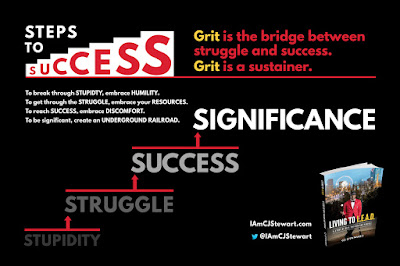As the co-founder of L.E.A.D. (Launch, Expose, Advise, Direct), I spend every day trying to help at-risk young Black kids reach their fullest potential.
Our Atlanta based non-profit 501c3 partners with Atlanta Public Schools to help give these young men the tools and confidence to transform their city of Atlanta.
In doing so, we use our unique Pathway2Empowerment co-curricular programming to debunk six myths that speak against blacks playing baseball:
Myth No. 1
“Black kids don’t play baseball because of football.”
We serve over 250 Black males per year with six of our partner middle schools in the poorest parts of the inner city of Atlanta having up to 40 baseball players on each team.
Myth No. 2
“Black kids don’t play baseball because they don’t have father’s in their lives.”
Having a father at home is a “nice to have.” A combination of five great role models and mentors (male and/or female is a “must have.)”
Myth No. 3
“Black kids don’t play baseball because both football and basketball are faster pace.”
Baseball requires discipline, patience, critical thinking and self-leadership. Black people can demonstrate all four of those at the same time.
Myth No. 4
“Black kids don’t play baseball because they can’t get a full baseball college scholarship.”
Being poor with at least a 3.0 in Georgia means you can get full financial aid and the Georgia funded HOPE scholarship. That leaves about 3,000 to 5,000 for college fees per year that you can cover with loans if the baseball coach doesn’t want to give it to you with athletic money.
| Omar Minya, L.E.A.D. Ambassador Vernard Kennedy, CJ Stewart, Jeffrey Hammonds, and Hall Of Famer David Winfield |
Myth No. 5
“Black kids don’t play baseball because it’s more expensive than football.”
Consider the cost of essential items for baseball, including a good aluminum bat and glove for baseball. That’s $250 each. A team only needs three bats of varying sizes tops.
Consider the cost for essential items for football, including a helmet and shoulder pads. That’s $250 each.
Consider that kids in Georgia can have their own league and develop their skills without having to travel across the country to play tournaments. It worked for Jackie Robinson.
Consider that less than 55 percent of SEC football players are Black.
Myths No. 6
“Black kids don’t play baseball because their aren’t enough baseball fields in the inner city of Atlanta.”
Inner city Atlanta has a surplus of baseball fields.
L.E.A.D.’s leadership is committed to being solution strategist. The decline of Blacks competing in baseball at the collegiate and professional levels in America is a problem and an opportunity for L.E.A.D. to be be solution.



